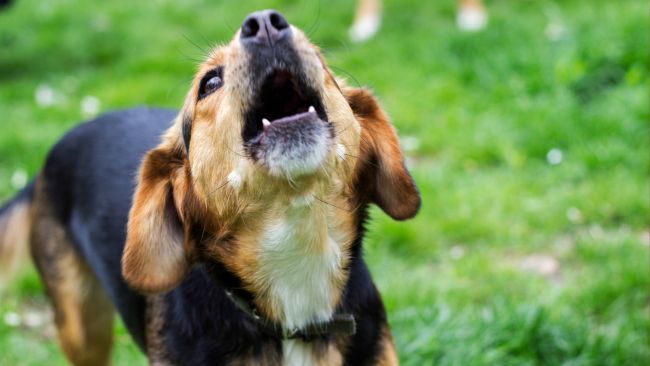Sometimes, a brand-new puppy suffers from plenty of nervousness and trepidation when he or she enters a new home; occasionally, this type of emotional response may lead to some physical side effects, including puppy constipation. If your little canine friend is having trouble with regular bowel movements, there are some easy and effective ways to help your pet experience scheduled, pleasant “potty times”.
While nervousness is a primary cause of constipation in young dogs, other underlying reasons for this common health problem include dehydration or improper diet.
Another possible reason for puppy constipation is that your young dog may have eaten something that he or she shouldn’t have; puppies are very hungry little creatures, and their insatiable appetites sometimes lead them to consume questionable things. Obstructions in the gut or general indigestion may contribute to this kind of puppy constipation.
A distended belly is a sign that your puppy may be suffering from a foreign body in the gut, and this can be a serious health issue. If you notice a swollen, tender belly area, it’s a very good idea to take your little canine pal to the veterinarian right away. Often, puppies swallow pennies, nickels or other small metal objects that have quite a detrimental effect on their bodies, so it’s entirely possible that Fido has eaten something unusual, which is now causing some serious constipation.
Here are some tips on alleviating most cases of puppy constipation:
Try Home Remedies – In general, “people food” is not recommended for young dogs (or adult dogs); however, in special cases, small amounts of certain “human foods” may be used to provoke easier, more regular bowel movements in canines. The most popular home remedy for puppy constipation is adding a bit of canned pumpkin (a teaspoon should be enough) to a young dog’s regular meal. This ingredient has an emollient quality that acts as a gentle, safe laxative. Always choose pure pumpkin; you should avoid any processed pumpkin products with extra sugar or spices; these added ingredients may irritate your puppy’s stomach and negate the laxative effects of the pumpkin itself.
Other pet owners choose to boost fiber in their puppy’s diets by adding just a teaspoon of olive oil to their chow; while this shouldn’t be part of the diet permanently, it will be an effective temporary cure for any type of puppy constipation that isn’t caused by an obstruction (foreign body). Olive oil eases elimination and makes it easier to pass stools. If your puppy has been passing dry stools on an infrequent basis, this good oil will probably work wonders.
Before using any home remedy, it’s best to consult with a veterinarian.
Offer Plenty of Pure, Clear Water – A puppy needs lots of fresh water in order to digest his or her food properly. Without sufficient hydration, it will be much harder for your pet to pass stools. Giving your pup lots of water may mean more trips outside (your dog will need to urinate more often); however, this extra water will also contribute to easier, more comfortable, and more frequent bowel movements.
Buy Different Puppy Chow – Some forms of puppy chow or kibble may not agree with your little pet, for whatever reason. If constipation is a chronic issue, it may be time to choose another brand of puppy chow. Look for a formula with added fiber, as this special ingredient will inspire more frequent bowel movements. Boosting fiber through specially formulated puppy show is a great way to take care of this puppy health issue while still giving your pet the healthiest diet.
Talk to Your Veterinarian – There is really no substitute for the knowledge, training, and compassion of a good veterinarian. If you’re not getting any place with home remedies and dietary changes for Fido, it may be time to talk to a “pet doctor” about his constipation issues. A vet has access to plenty of prescriptions and other medications that may cure this affliction in your pup; he or she will also be able to spot any underlying issues which might be affecting your young dog’s overall health.
Bear in mind that your little pup needs plenty of playtime and exercise, and that lack of activity may play a role in puppy constipation. If you feel that there may be a connection between your young dog’s emotional state and his or her infrequent bowel movements, try to win your new pet’s trust by giving him or her plenty of love, playtime, and cuddles. By becoming closer to your pet through games, quiet time, and outside time, you will build rapport that eases nervousness and promotes a happier state of mind in your little puppy.





.jpg)
0 Komentar